Get to know the challenges of The Hague 4
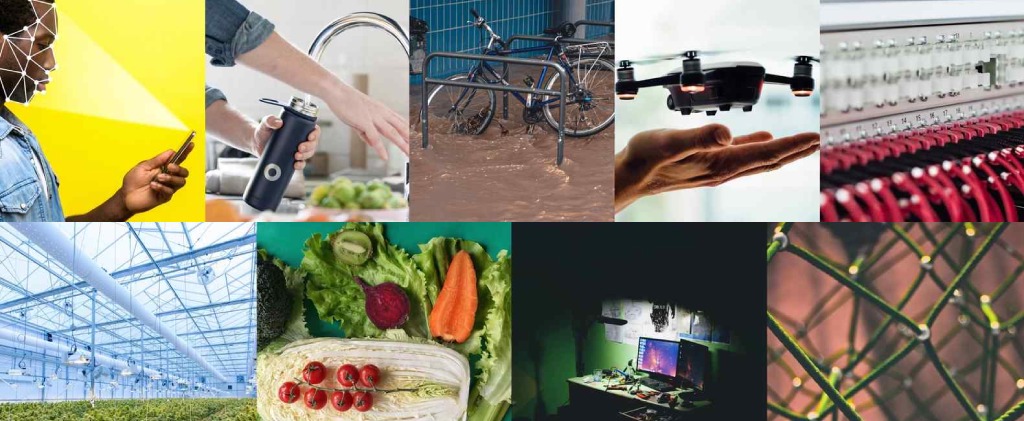
We are thrilled to announce that the 4th edition of the Hackathon for Good will be fully online once again. We chose to look more into the advantages of an online program like last year, due to the covid-19 regulations, and we are excited to have an even bigger international outreach this time around with 9 exciting challenges. Exchanging experiences and knowledge between countries, communities and experts provides more rounded solutions and better potential for co-creation and implementation, according to the hackathon website.
In 2021, considering both global and local issues in the Netherlands, we have decided to focus our efforts on two main themes - Misinformation & Resilience, and we would like to invite you to hack with us for Good.
Our Programme designer, Milena Ninova, and our partnership manager, Frank van Summeren, are eager to give you a sneak peak into each topic.
Frank, you have been working on selecting the challenge owners for this edition. Can you tell us more about the Misinformation challenge owners?
Of course, this year we have 2 challenges in which the Ministry of Defence is taking a role: “Blockchain against misinformation” for the Royal Netherlands Army and a collaboration challenge on “Open source data diodes” brought together with Enexis as part of the Cyber Innovation Hub. In the Cyber Innovation Hub, departments, research institutions and companies work together on joint and prioritized security issues in the field of cyber (security). The aim of the Cyber Innovation Hub is to strengthen cyber knowledge and skills in the Netherlands, facilitate innovations and experiments and build an ecosystem of partners so that we can face future cyber threats. If you are not familiar with the data diodes or if you are wondering why the currently available solutions are not suitable for this case, make sure to dive into their challenge brief.
What about the other two challenges in this theme?
I think it is a great opportunity for participants to contribute this year to the “Deepfake alert” challenge of a startup Find Out Why. It is often difficult to host such a challenge due to the fluctuating nature of early-stage ventures. However, they can provide a very flexible base to work with and potentially onboard participants with a good idea.
The last challenge in this theme is hosted by The Ministry of Justice and Security in collaboration with the Public Prosecutor. The Netherlands’ online environment has become a comfortable setting for various types of cybercrime due to its high quality and dense access to the internet, predominant online trading, as well as a growing target group of more vulnerable users with different levels of cultural and tech literacy (elderly, students, expats, refugees, etc.) While there are reactive processes and fraud- victims’ support in place, the government is looking for a more proactive approach to “Combating horizontal (citizen to citizen) fraud”.
Misinformation and why it is an pressing issue to tackle?
Our democracy is eroding as a result of this new disruptive information technology. Trust in existing political, financial, economic, legal and even social institutions has been damaged. Society is becoming increasingly polarised. While the convenience and reach of the internet and social media could unite people across the world, people are increasingly being divided into online data groups, or being manipulated by malicious content or fake users. As a result, people are driven apart and viewpoints harden.
Blockchain Against Misinformation
While the internet should be improving cooperation, the growing polarisation and lack of trust may disrupt cooperative ties. One of the most successful mechanisms of the new information world is to use blockchain methodology in order to make ‘trusted’ and ‘reliable’ transactions.
Do you want to assist the Royal Netherlands Army to safeguard trust within its own ranks and within the government – army – people system? Read the full challenge here.
DeepFake Alert
Deepfakes are becoming more prevalent and harder to discern from real facts and information. Nonetheless, the same AI technology used to create fake news can be used to debunk them. Do you want to use AI to fight malicious content? Read the full challenge here.
Combating horizontal fraud
Cybercrime is closer than we think and the Netherlands is no exception. Embedding a technical solution for transactions will better equip online users to protect themselves from citizen-to-citizen fraud.
Do you want to combat online fraud? Read the full challenge here.
Open Source Data Diodes
Data diodes are fundamental to establish advanced security within highly sensitive networks. However, as they are often customized for a specific situation, widespread usage is not possible. Reducing production costs and making them more flexible to deploy, will help broaden the implementation of cybersecurity solutions. Do you want to devise data diodes usage in new scenarios? Read the full challenge here.
Milena, what was it like to curate the challenge questions for the Resilience theme? Can you tell us more about the different aspects of becoming ‘resilient’?
Resilience is indeed a complex term that includes both preventative but also recovery-focused procedures that address our societal relationship to the natural environments around us, as well as to the resources and infrastructure that we have created over the years. Resilience is learning from the past so that you can be better prepared for future scenarios while keeping in mind that a situation or a context can always vary slightly/greatly. This is why it is crucial when developing a resilient mindset, to stay open and adaptive.
Curating the challenges for this edition was about a half-a-year-long but a very interesting and engaging process. Our team hosts a “Challenge definition workshop” for each challenge owner, where we dive into possible problem directions, key target groups and the necessary criteria to guide the teams into building a fitting solution.
Are all Resilience challenges closely connected like in the Misinformation theme?
No, the challenges address diverse topics within the common Resilience theme. For example, we have 2 challenges more focused on planning infrastructure but on a very different scale: “Drone flight control” and “Urban flood mitigation”; and 3 challenges on monitoring and finding a balance between ecological and industrial needs: “Water & Circular Greenhouse Economy”, “Food waste” and “Remote sensing for water salinity”.
Do you have any behind the scenes recommendations on the opportunities for each challenge?
Well, the follow up opportunities depend on the results of the teams. Our team is always ready to support a great idea for Good. What I can recommend though is how you can choose which challenge will fit you best. On one hand, working with a startup like Invisible Foods or ClimateActionCenter would be perfect for the very creative and ambitious teams who want to create concepts. On the other hand, choosing a more data-rich topic like “Water & Circular Greenhouse Economy” and “Remote sensing for water salinity” can really allow the participants to submerge and find their niche in the topic. I would encourage the visionaries to tackle the drone challenge by DECK180 since that is where it is most likely for calculations and imagination to meet.
Resilience and how to learn to adapt our relationship with nature and local infrastructures?
The cities around the world are more densely populated and more interconnected than ever before. Extreme weather, industrial effects on people and nature, refugee and labor crises, disease pandemics, supply chains and logistics – today’s new normal requires models of governance that mitigate risk and respond to evolving challenges. Plus magnified global threats such as climate change, water and food security and resource shortages. Urban resilience demands that cities look holistically at their capacities and their risks, including through meaningful engagement with the most vulnerable members of a community and the limitations of the natural environment.
Water & Circular Greenhouse Economy
In a world aiming for a more circular ecosystem, players like greenhouse growers will need easily accessible and coherent data on their production and their local environment’s biodiversity to adapt and meet modern sustainable requirements.
Do you want to build an ecosystem between greenhouse growers and surrounding biodiversity? Read the full challenge here.
Drone Flight Control
As drones become commonplace in logistics and urban spaces, creating control centers for drones - within the cities and airports - will be an increasingly necessary asset to ensure the safety of the air space.
Do you want to envision drone flight navigation? Read the full challenge here.
Urban Flood Mitigation
An increasing number of floods are being experienced across the globe. As a result, solutions and models that connect communities and enable knowledge exchange at a global level will be essential to assist with the improvements of infrastructure and crisis response processes.
Do you want to help create flood resilient communities? Read the full challenge here.
Food Waste
There is a surplus in food production that inadvertently becomes waste while starvation continues to be an ongoing global issue. Making visible the invisible (wasted) food will require a more transparent communication between farmers and traders, and improved control practices that predict surplus food in the early stages.
Do you want to tackle one of the main reasons for food waste? Read the full challenge here.
Remote Sensing for Water Salinity Monitoring
The Dutch have undeniable expertise in water management, but climate change and more frequent dry periods imply increasing salt intrusion into freshwater sources. Combining data coming from satellites and existing monitoring points will contribute to more accurate saline water monitoring.
Do you want to innovate new ways of tracking and alerting the consequences of water salinity? Read the full challenge here.

















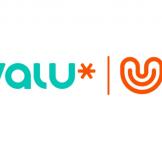

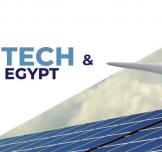
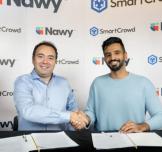
































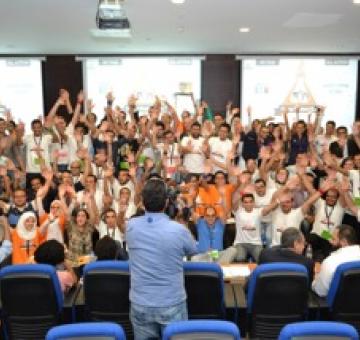

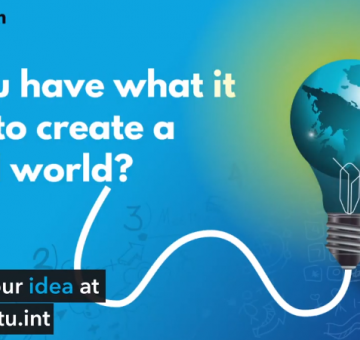
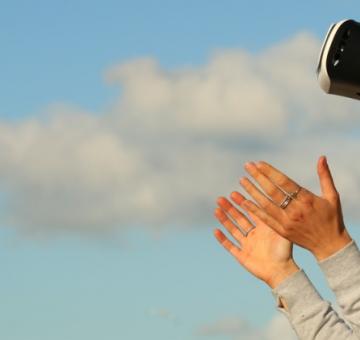




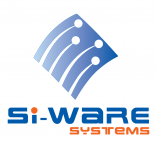




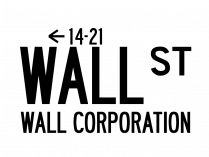



EgyptInnovate site is not responsible for the content of the comments